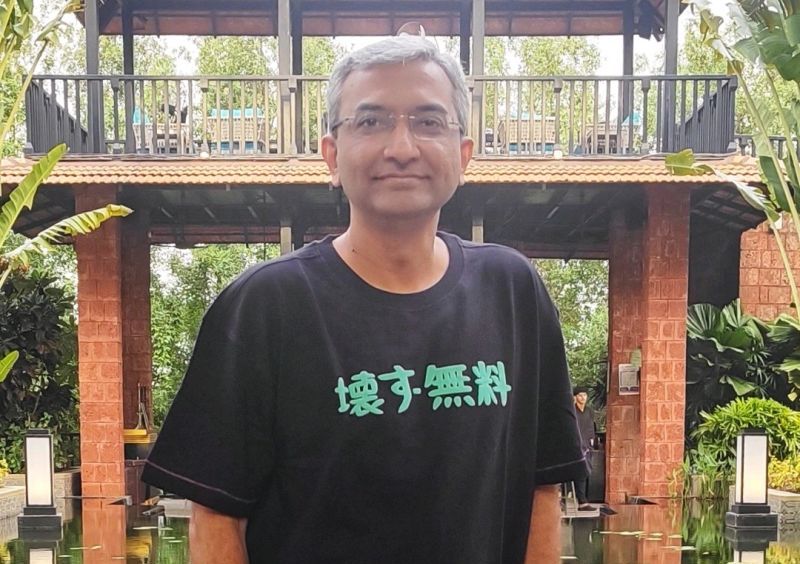
When we see someone we love struggling, our first instinct is to rush in with advice, solutions, and support. We want to rescue them, guide them, fix what’s broken.
But love, however deep, cannot override the most stubborn force of all – the human will.
Change doesn’t arrive through lectures or hand-holding; it arrives only when the person is ready.
Until then, our efforts, no matter how well-intentioned, often meet resistance, frustration, or silence.
This is where the Japanese philosophy of Shikata ga nai – “it cannot be helped” – becomes a gentle reminder.
It is not about giving up.
It is about accepting reality without bitterness, acknowledging that some things lie beyond our control, especially the choices of others.
Psychology tells us that sustainable change is intrinsic.
Self-Determination Theory emphasizes three human needs – autonomy, competence, and relatedness.
If advice threatens autonomy, it backfires. That’s why a loved one may resist the very help they secretly need.
Acceptance, then, isn’t passive – it is an act of respect for their journey.
This doesn’t mean we stop caring.
Acceptance frees us from the trap of “fixer’s fatigue.”
It allows us to love without conditions.
It allows us to offer presence instead of pressure.
Think of Carl Rogers’ concept of Unconditional Positive Regard.
True love isn’t about shaping someone into who we think they should be – it’s about standing beside them as they stumble toward who they want to become.
And here lies the deeper test of love:
When the person finally circles back and asks for help, do we let the past harden us?
Do we remind them of how many times they once refused? Or do we soften our ego and open our arms again?
Real love chooses the latter.
Because people change not on our timeline, but on theirs. The “no” of yesterday might simply mean “not yet.”
Each person’s path of self-discovery is different – sometimes crooked, sometimes delayed, often lonely.
As friends, siblings, parents, or partners, our role is not to drag them forward, but to be the steady hand they can reach for when they are ready.
So practice Shikata ga nai.
Accept what you cannot control.
Love without expectation.
And when the door finally opens, walk in without carrying the weight of old rejections.
Don’t say, “I told you so.”
Say, “I’m here.”
Because in the end, love is not about being right.
Love is about being there – again, and again, and again.
